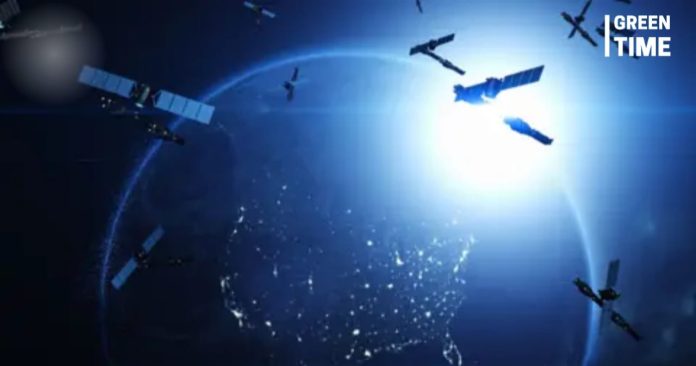Radio waves from Elon Musk’s Starlink satellites are hindering astronomical research, according to Dutch scientists. Researchers from the Netherlands Institute for Radio Astronomy (ASTRON) revealed that these satellites are interfering with radio telescopes. The Starlink satellites, launched by SpaceX to provide global internet coverage, are “blinding” radio telescopes, preventing researchers from observing distant galaxies and black holes.
The new generation of Starlink satellites, called V2, emit radiation 32 times stronger than the earlier models. ASTRON reported that the radiation levels from these satellites exceed the standards set by the International Telecommunications Union. The study was conducted using the LOFAR radio telescope in July 2024. The unintended electromagnetic radiation emitted by these satellites was found to be millions of times stronger than faint astronomical signals.
Astronomers like Professor Jessica Dempsey expressed concern over the impact on their work. She explained that the satellites are obstructing the study of galaxies, black holes, and exoplanets. The radiation makes it harder for radio telescopes to detect weak signals from space. “Every time more of these are launched, we see less of the sky,” she stated.
Starlink currently has over 6,400 satellites in orbit, making it the largest satellite network. With SpaceX launching around 40 new satellites each week, the problem is escalating. Other companies, like OneWeb and Amazon, are also developing satellite networks, which could worsen the issue.
Scientists are calling for urgent regulation to limit the radiation emitted by satellites. They suggest simple fixes like shielding satellite batteries to reduce interference. Without action, ground-based astronomy could be severely compromised. Researchers also warn that light pollution from the satellites is interfering with optical telescopes, further threatening astronomical observations.
The findings highlight the need for international cooperation to protect space science. With over 100,000 satellites expected in orbit by 2030, researchers stress the importance of developing new standards. Without changes, the future of ground-based astronomy is at risk.

